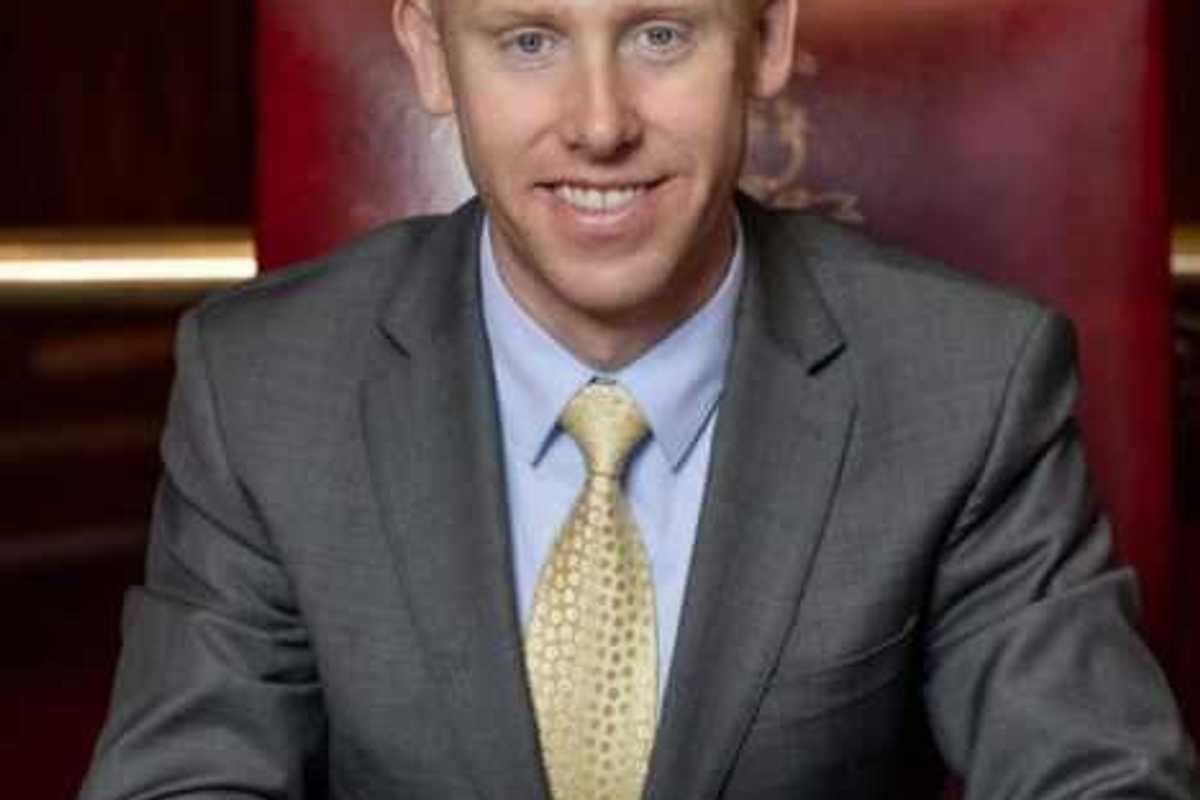State awards community health centers $80 million Medicaid funding boost
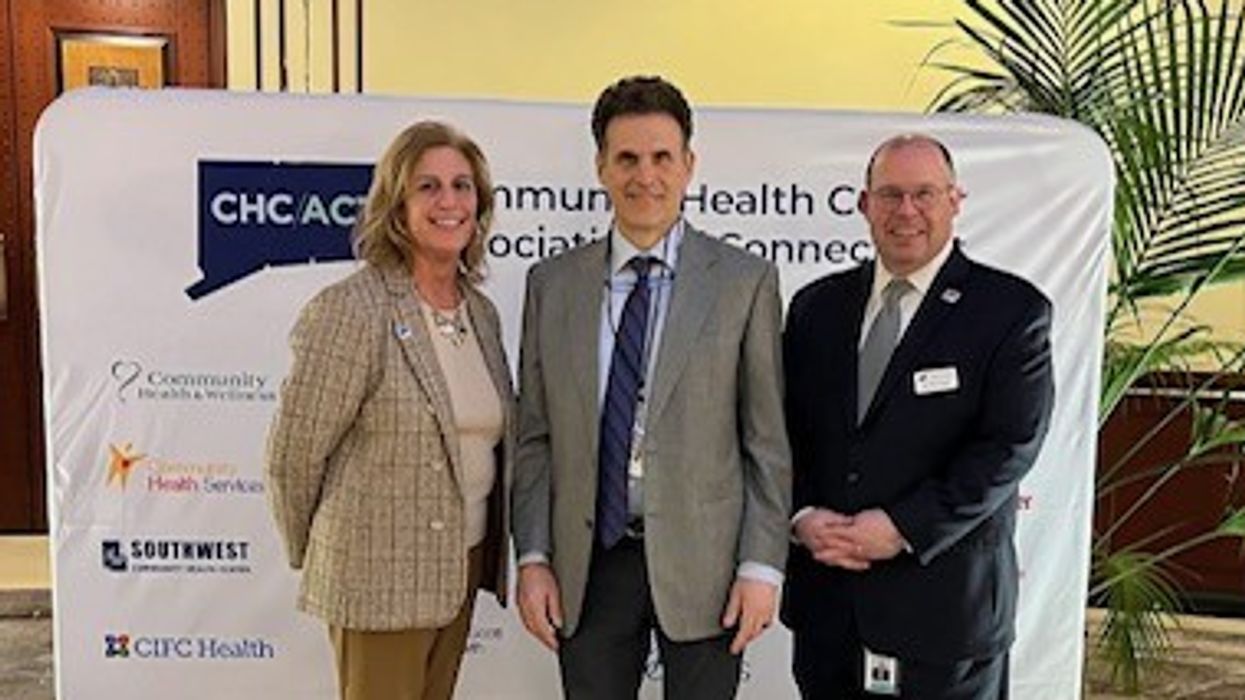
Joanne Borduas, CEO of Community Health and Wellness Center, State Senator Paul Honig (D-8) and Shawn K. Frick, CEO of the nonprofit Community Health Center Association of Connecticut, during a recent legislative reception in Hartford.
Provided
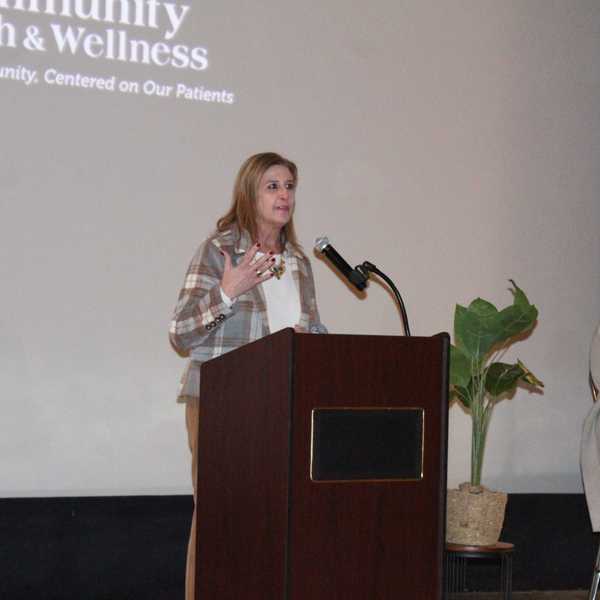

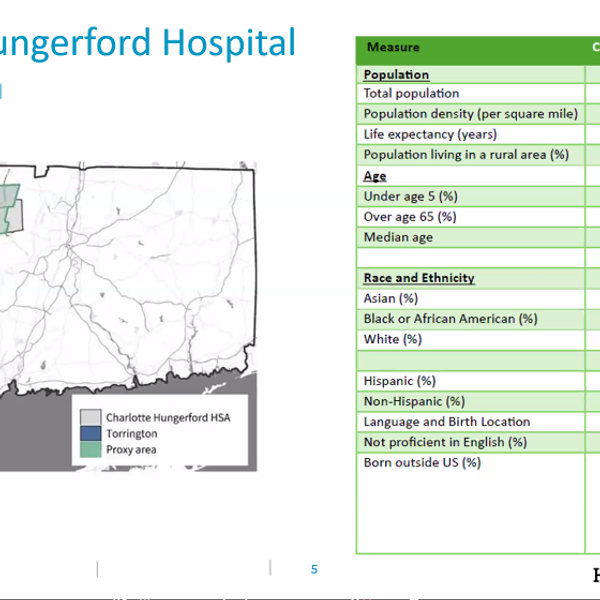
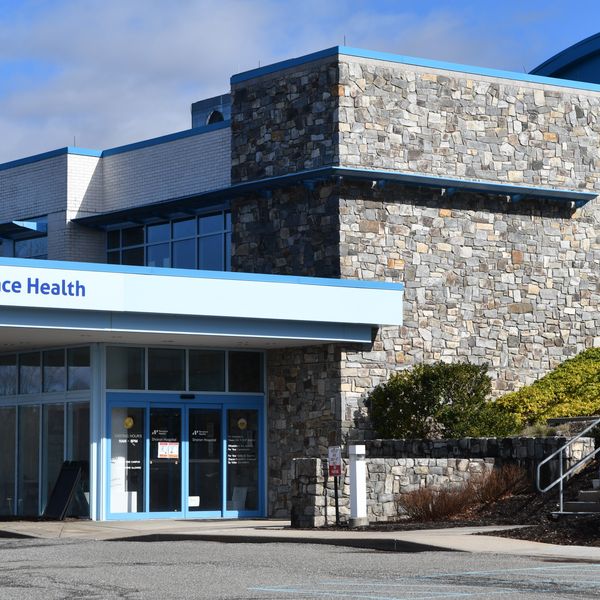

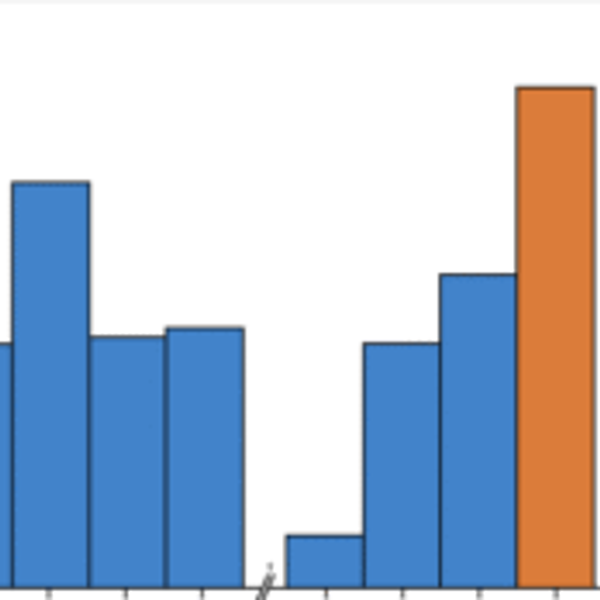
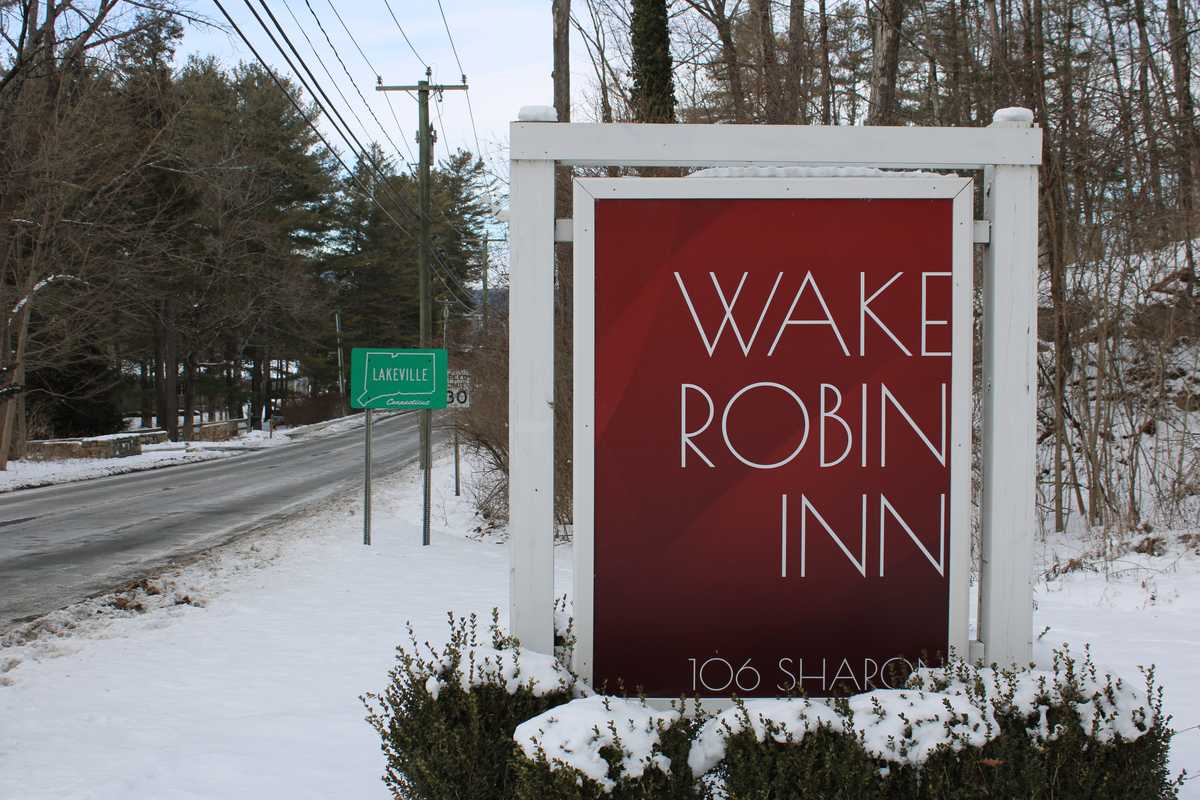

 A window at Olana.By Brian Gersten
A window at Olana.By Brian Gersten The dining room at OlanaBy Brian Gersten
The dining room at OlanaBy Brian Gersten
 Rumsey Hall competes in the Berkshire Hills Ski League.Photo by Tom Brown
Rumsey Hall competes in the Berkshire Hills Ski League.Photo by Tom Brown There was lots of fresh powder on Mohawk Mountain Jan. 28 after approximately 20 inches fell earlier in the week.Photo by Tom Brown
There was lots of fresh powder on Mohawk Mountain Jan. 28 after approximately 20 inches fell earlier in the week.Photo by Tom Brown